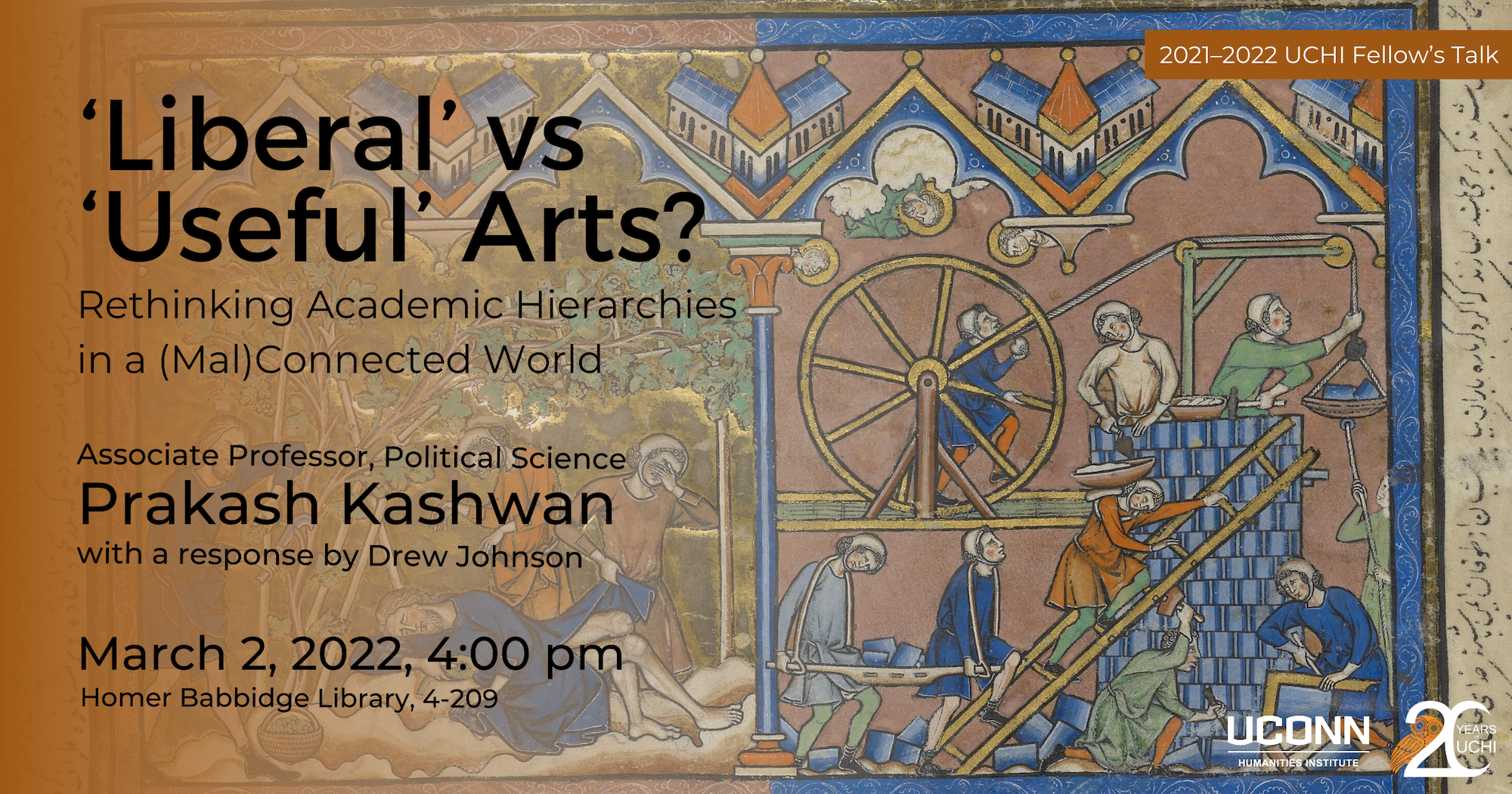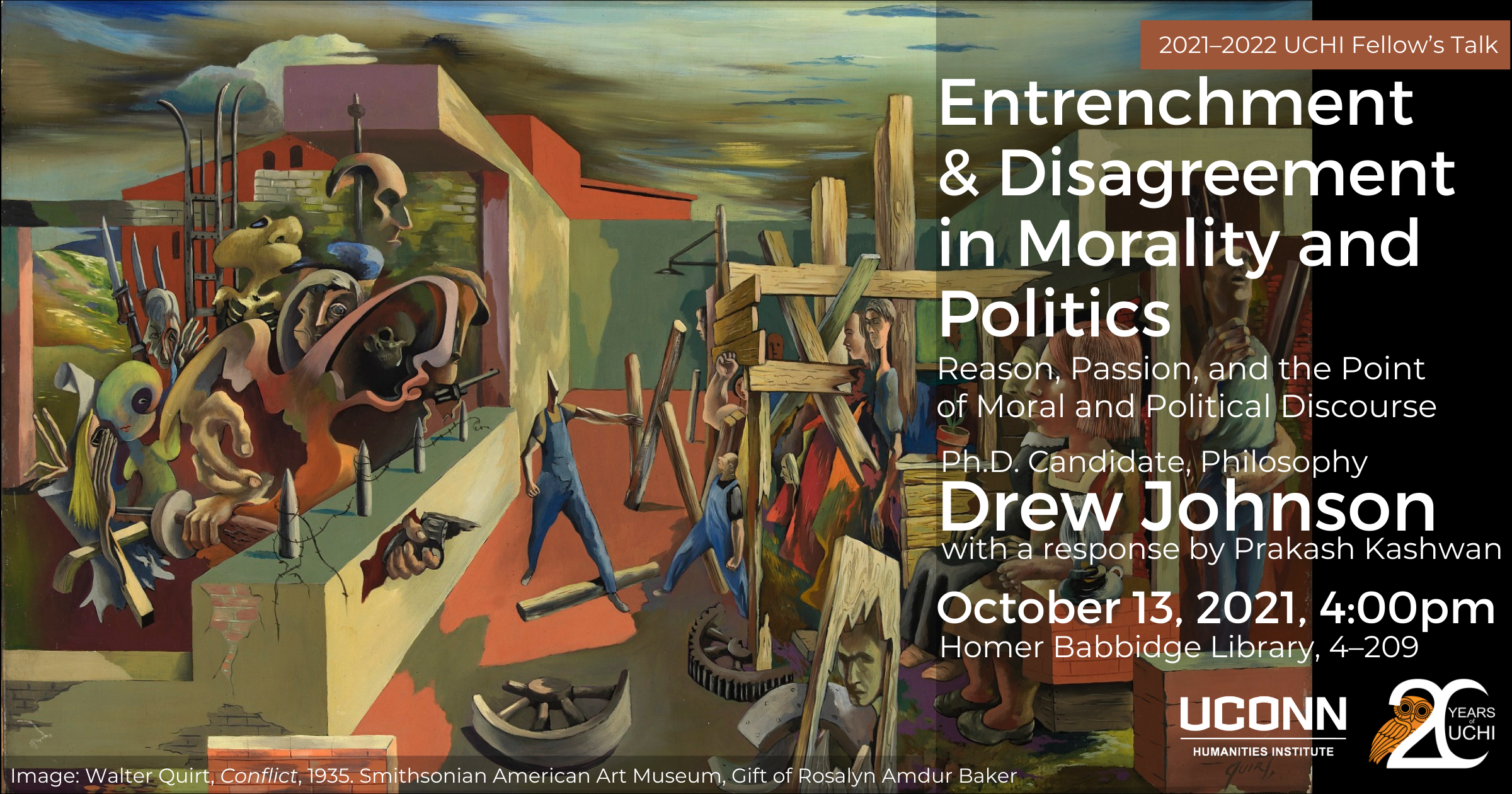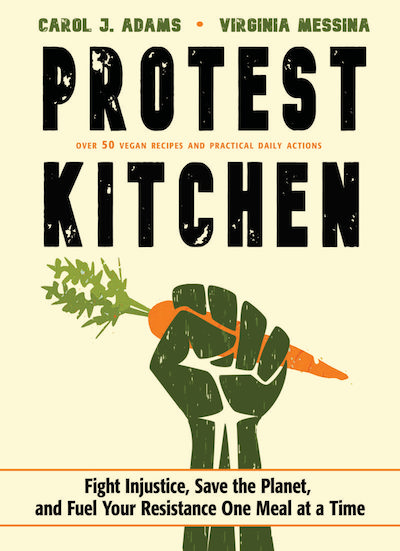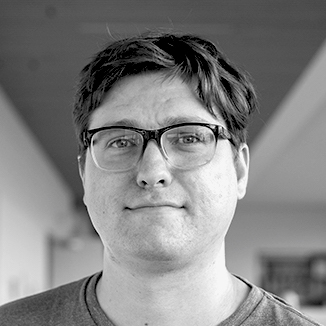UCHI wishes to extend congratulations to this year’s graduate research scholars—Erik Freeman, Carol Gray, Drew Johnson, and Anna Ziering. All four of the 2021–2022 graduate fellows are headed off to postdoctoral fellowships or tenure-track jobs this fall.
Erik Freeman (History) will be assistant professor of American History at Snow College in Ephraim, UT. He will be defending his dissertation, “The Mormon International: Transnational Communitarian Politics and the Church of Jesus Christ of Latter-day Saints 1830-1890,” this summmer. His committee members are Christopher Clark (advisor), Manisha Sinha, and Sylvia Schafer (Nina Dayton and Segio Luzzato are readers).
Carol Gray (Political Science) was awarded the Mary Miles Bibb Post-Doctoral Teaching Fellowship at Framingham State University (FSU) in Framingham, Massachusetts. The two-year fellowship, at the rank of Assistant Professor, begins in Fall 2022, and focuses on courses in American Politics and Pre-Law. The Fellowship is named for Mary Miles Bibb who was the first Black woman graduate of FSU in 1843 who went on to teach in Boston and Philadelphia. Gray will be defending her dissertation, “Law as a Site of Struggle for Human Rights,” a case study about Egypt and human rights NGOs, in June. Her committee members are Jeremy Pressman (advisor), Cyrus Zirakzadeh, Thomas Hayes (Jennifer Sterling-Folker and Bruce Rutherford are readers.)
Drew Johnson (Philosophy) will be starting a two-year research postdoc in August, associated with the ERC-funded GoodAttention project at the University of Oslo. He will be working on Subproject 1 of the Descriptive Strand of the project, on identifying natural norms for attention. Drew recently defended his dissertation, “A Hybrid Theory of Ethical Thought and Discourse.” His committee members are Dorit Bar-On (advisor), Michael Lynch, Paul Bloomfield, and William Lycan.
Anna Ziering (English) has accepted a position as assistant professor of Women’s and Gender Studies (affiliated with African American Studies) at Oglethorpe University. She recently defended her dissertation, “Dirty Forms: Masochism, Race, and World-Making in U.S. Literature and Culture,” and her committee members are Chris Vials (advisor), Greg Pierrot, and fellow 2021–22 UCHI fellow Micki McElya.
Please join us in congratulating Erik, Carol, Drew, and Anna!!


 In the midst of a global pandemic, with its attendant periods of isolation and restrictions on social gatherings, many have been spending more time in the kitchen than usual. In the midst of racially motivated violence, police brutality, and the push towards a public reckoning with America’s racist history, many have been seeking new and potentially transformative modes of political engagement. In the midst of an on-going climate crisis and the failure of governments to make the necessary choices to save the planet and fight environmental injustice, many of us may find it easy to feel disheartened and powerless.
In the midst of a global pandemic, with its attendant periods of isolation and restrictions on social gatherings, many have been spending more time in the kitchen than usual. In the midst of racially motivated violence, police brutality, and the push towards a public reckoning with America’s racist history, many have been seeking new and potentially transformative modes of political engagement. In the midst of an on-going climate crisis and the failure of governments to make the necessary choices to save the planet and fight environmental injustice, many of us may find it easy to feel disheartened and powerless. Who is Drew Johnson? Drew Johnson is a Ph.D. student (ABD) in the philosophy department at the University of Connecticut. His research focuses on metaethics and epistemology. His dissertation proposes a theory of ethical thought and discourse that explains the distinctive action-guiding, affective, and expressive dimensions of ethical claims and judgments, while also recognizing the important semantic, logical, and epistemological continuities that exist between ethics and other factual domains. In epistemology, Drew’s research focuses on the rational standing of our most firmly held commitments, i.e., our “hinge” commitments upon which all rational evaluation turns.
Who is Drew Johnson? Drew Johnson is a Ph.D. student (ABD) in the philosophy department at the University of Connecticut. His research focuses on metaethics and epistemology. His dissertation proposes a theory of ethical thought and discourse that explains the distinctive action-guiding, affective, and expressive dimensions of ethical claims and judgments, while also recognizing the important semantic, logical, and epistemological continuities that exist between ethics and other factual domains. In epistemology, Drew’s research focuses on the rational standing of our most firmly held commitments, i.e., our “hinge” commitments upon which all rational evaluation turns.
